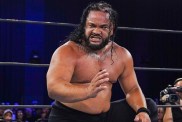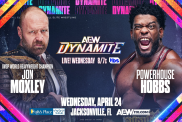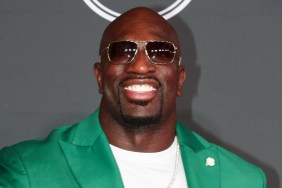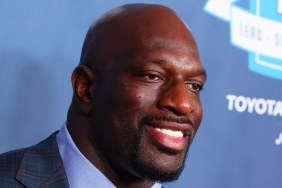On the heels of the Alton Sterling and Philandro Castile shootings, but before the tragic shooting in Dallas, WWE star Titus O’Neil spoke with Rapzilla about racial injustice in America, and below are some highlights:
What are your thoughts about the recent events concerning Alton Sterling and Philando Castile?
It’s not a new normal. This has been happening for years, since before I was born. It’s not just about the African American community. It’s about the trust placed in individuals who take an oath to protect and serve. Law enforcement has both scared me and made me proud.
Law enforcement has impacted my life in various ways; as a troubled minor, I went to the Florida Sheriff’s Youth Ranch. Law enforcement agencies that support positive and beneficial community activities and help society as a whole. Officers as a whole help others much the same way that they helped me. Like I said, for the most part, law enforcement agencies have been great, however, as in any profession, the few can taint the whole.
As an African American, who has lived in poverty and experienced the stereotypical treatment, harassment, and negative aspects that are associated with being a black male in the United States, I can genuinely say that my adult experiences with law enforcement have almost entirely been positive. I’ve worked with law enforcement on many occasions to establish community projects and raise funds.
How do we bring meaningful change quickly and efficiently?
It’s not gonna be quick no matter what kind of change, even if the government took drastic measures to make things better. The mindset has been instilled into the fabric of the African American community when it comes to police. It’s not just African Americans. It’s about people in authority who take it upon themselves to manipulate that oath.
I’d like to see our government make a more concerted effort in getting involved in some of these issues. I’d like to see our government agencies and officials on a state and local level trying to figure out a different way of dealing with this issue making it about something outside of race. Yes, racism is a gleaming aspect, but this is different than just race.
How would you explain to white people who don’t understand, any bias you receive from law enforcement as a person of color?
I just talked to one of my partners at my office of a situation he just had last week. He’s a white male, early 40s, and he got pulled over. He has a license to carry a concealed weapon and he told the police officer. ‘Hey, I just want to let you know, I’m carrying a licensed weapon’ and the officer said, ‘Oh, it’s ok, I just need to see your license’. He got his license out, he’s still alive, and I’m eating dinner with him tonight. If a black man did the same thing last night, in all likelihood he would face much greater scrutiny or he could find himself in a situation like what happened the other day.
So again, people want to make it about race but it’s deeper than race. This is institutional racism because you can be in the right place at the wrong time and depending on who you run into it can be a great experience or a bad experience, and in a lot of cases that comes down to race. That’s why people are so outraged. How is it that in Kentucky they can riot about losing a championship basketball game and there aren’t many cameras out there for that? People’s lives were endangered and hurt, no labeling. Same thing happens in minority communities except people are murdered and then minority people are labeled animals or thugs. Are you kidding me? It’s the same action, but they are responding to a basketball game. These people are responding to a lost life after years and years of oppression and issues. What really bothers me is that they actually have the nerve to talk about a person’s past. What does that have to do with the actions happening in the present?
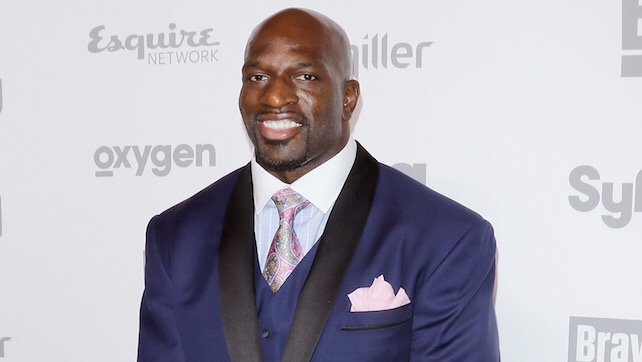
 Nick was born and raised in Detroit, Michigan, and lived there until the age of 18, when he decided to pack his flack jacket and move to New York City.
Nick was born and raised in Detroit, Michigan, and lived there until the age of 18, when he decided to pack his flack jacket and move to New York City.